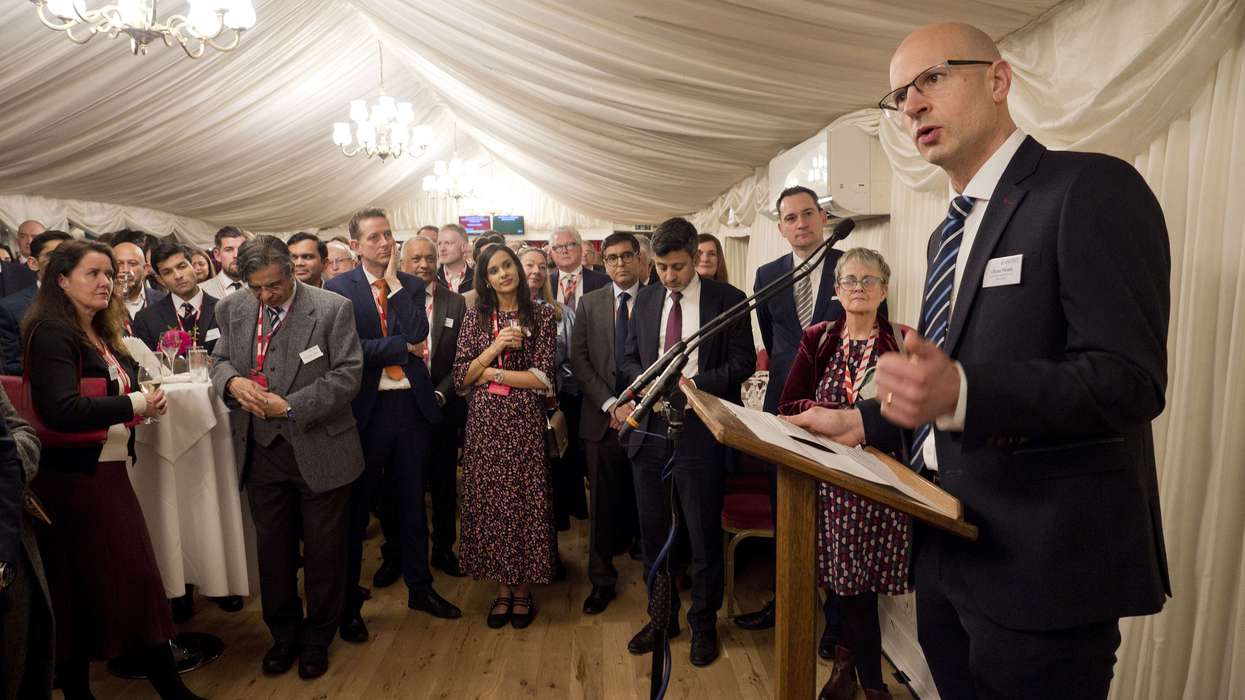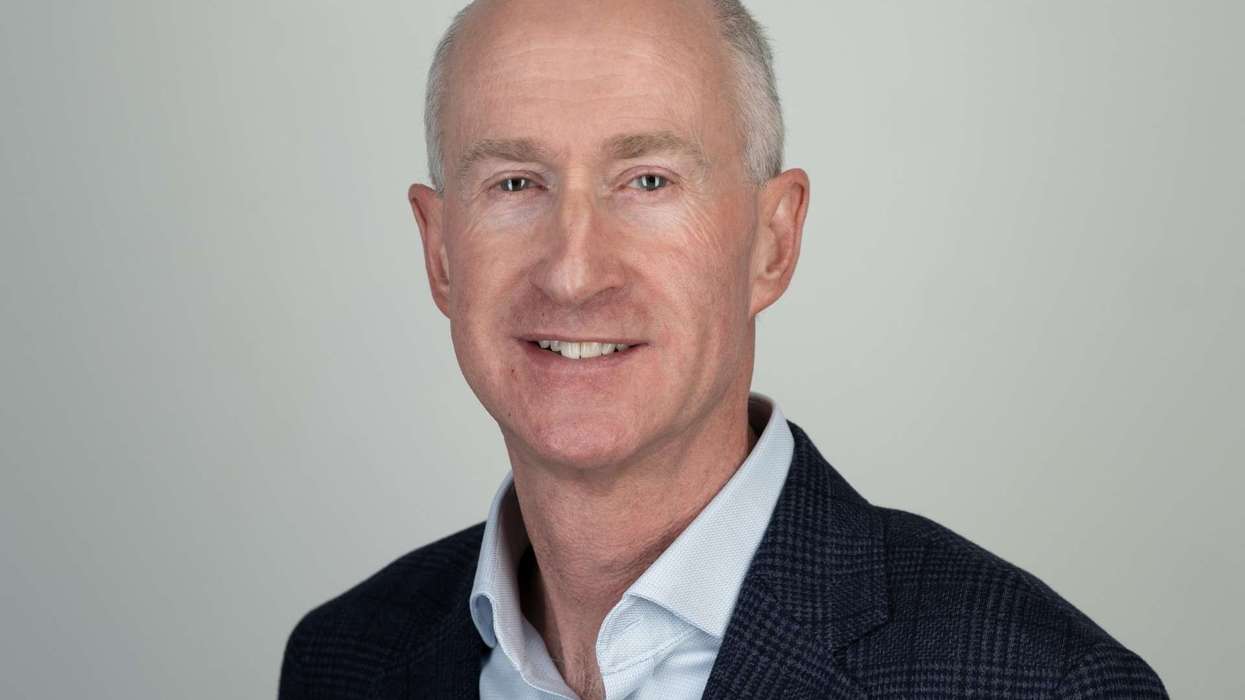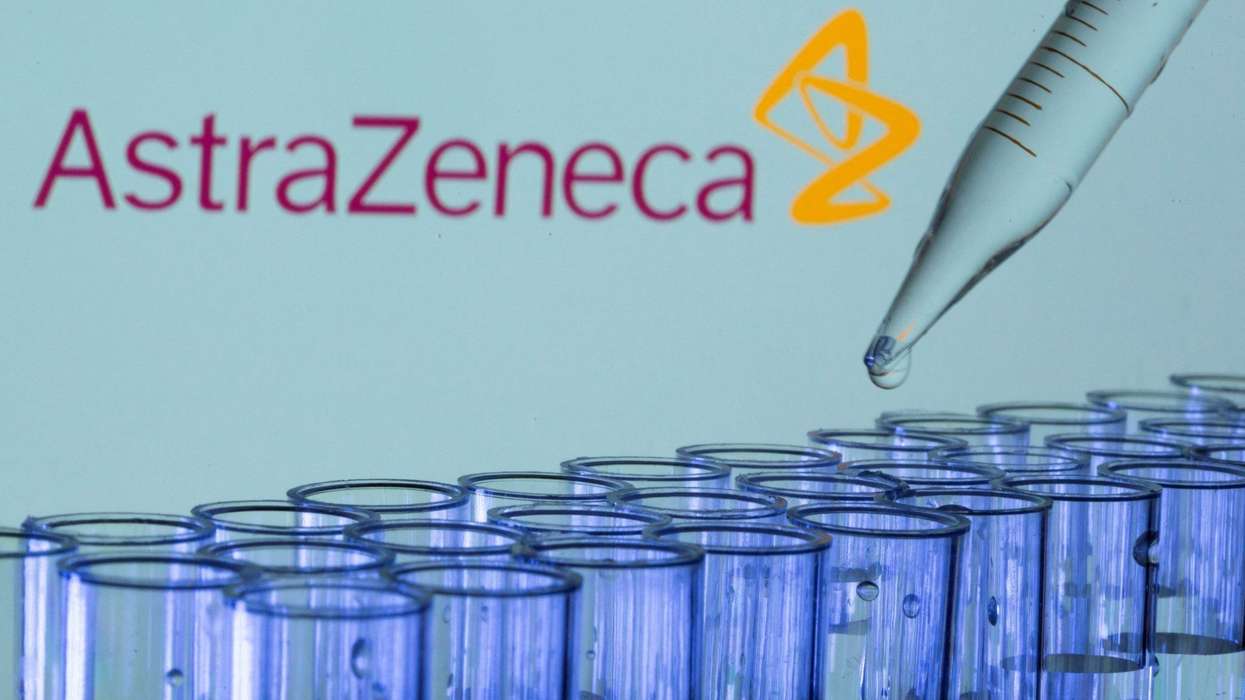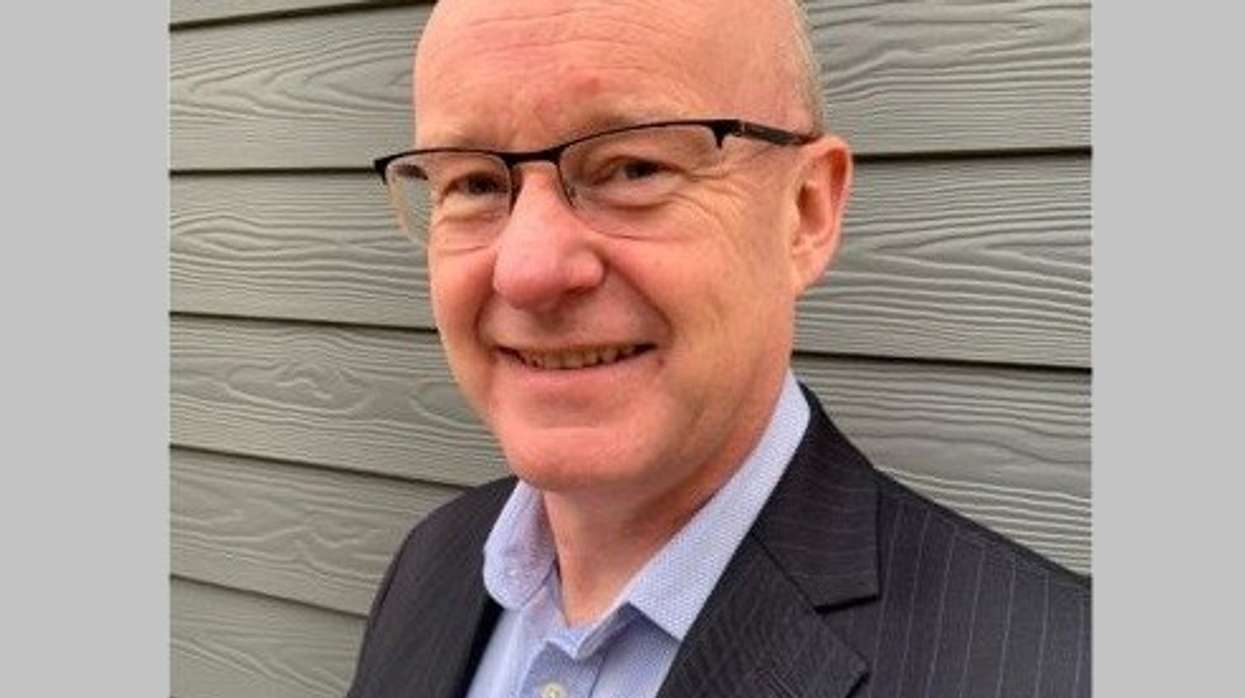The government has launched clinical trial to investigate the best gap between first and second Covid-19 vaccine doses for pregnant women in England on Tuesday (August 3).
The Preg-CoV study, backed by £7.5 million of government funding and led by St George’s, University of London, will provide vital clinical trial data on the immune response to vaccination at different dose intervals – either 4 to 6 weeks or 8 to 12 weeks.
This data will help determine the best dosage interval and tell us more about how the vaccine works to protect pregnant mothers and their babies against Covid-19.
Almost 52,000 pregnant women in England have now been vaccinated – with no safety concerns reported.
Data published last week by NHS England and the University of Oxford also shows no pregnant women who have had both doses of a vaccine have been admitted to hospital with Covid-19. Only three have been admitted after having their first dose, meaning 98 per cent of those admitted to hospital have not received a jab.
Minister for Covid-19 Vaccine Deployment Nadhim Zahawi said: "Pregnant women are more likely to get seriously ill from Covid-19 and we know that vaccines are safe for them and make a huge difference – in fact no pregnant woman with 2 jabs has required hospitalisation with Covid-19."
"This government-backed trial will provide more data about how we can best protect pregnant women and their babies, and we can use this evidence to inform future vaccination programmes."
"I encourage anyone who is pregnant and eligible to sign up and contribute to research that will save lives for years to come. Vaccines have been given to pregnant women to protect them and their babies from diseases for years – including for whooping cough and flu."
The trial will involve over 600 pregnant women being vaccinated with either the Pfizer/BioNTech or the Moderna vaccine. They will be closely monitored by health professionals throughout their pregnancy and following the birth, with the safety of the women taking part in the trial the utmost priority.
The Preg-CoV participants will need to be between 18 and 44-years-old, have no health conditions and be between 13 and 34 weeks pregnant on the day of vaccination. They will receive 2 doses of a Covid-19 vaccine – or one dose if they’ve already had their first – at either the shorter interval of 4 to 6 weeks, or the longer interval of 8 to 12 weeks.
They will be scheduled to attend nine visits in total and will be required to complete an electronic diary between visits on any symptoms. They will also be given a 24-hour mobile number so they can contact one of the trial team at any time if they have concerns.
Participants will also be recruited to the study by invites sent through the NHS Covid-19 Vaccine Research Registry, which allows research teams to speak to suitable volunteers who have signed up to be contacted about taking part in vaccine studies.











